Veterinary Ultrasonic Cleaner for Surgical Instrument Cleaning
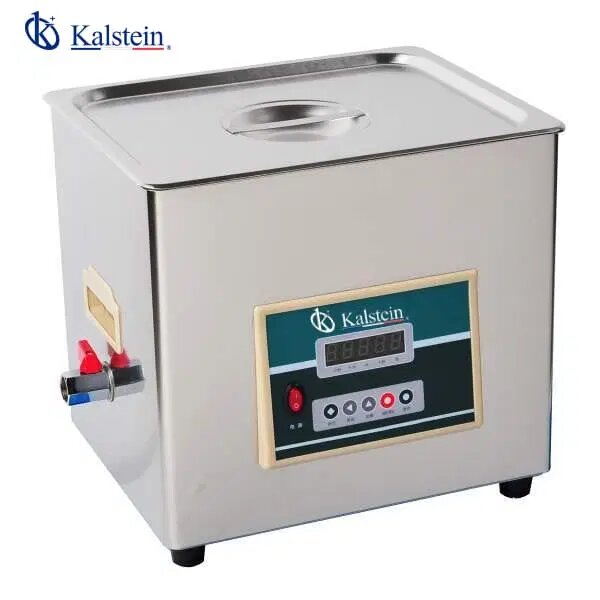
Proper cleaning of surgical instruments is essential in any veterinary practice. Veterinary ultrasonic cleaners have proven to be one of the most effective and reliable tools for ensuring that instruments are free of debris and microorganisms.
Advanced Lighting with Veterinary Lamps for Safe Surgeries
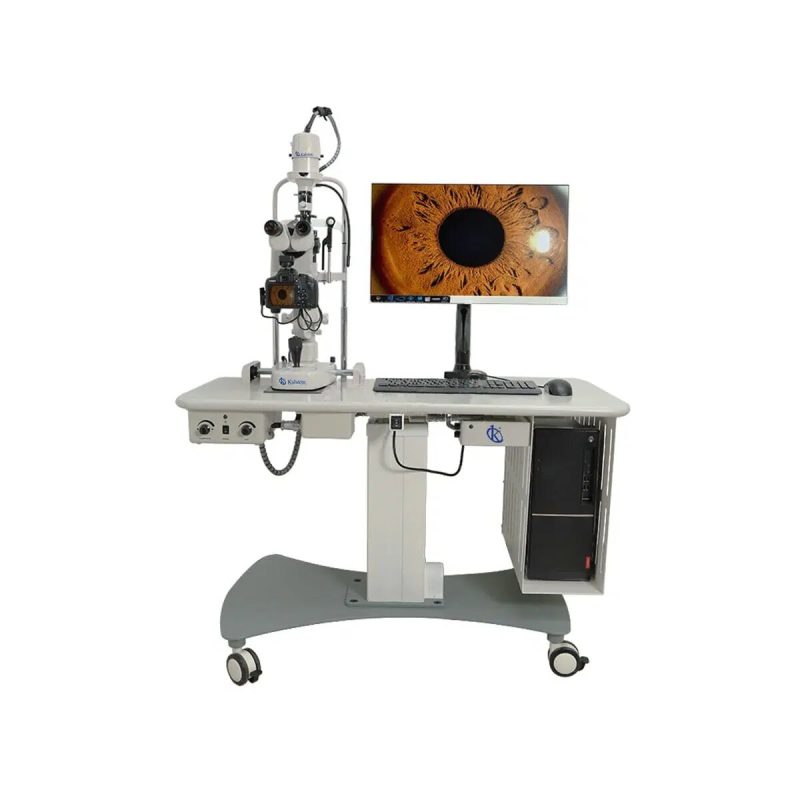
The field of veterinary surgery has evolved considerably thanks to the introduction of specific lamps designed for animal surgeries. Having a reliable and precise light source is crucial for the success of any surgical procedure, and this is where veterinary lamps play a fundamental role.
High-Performance Veterinary ICU Incubator: Precision in Intensive Care
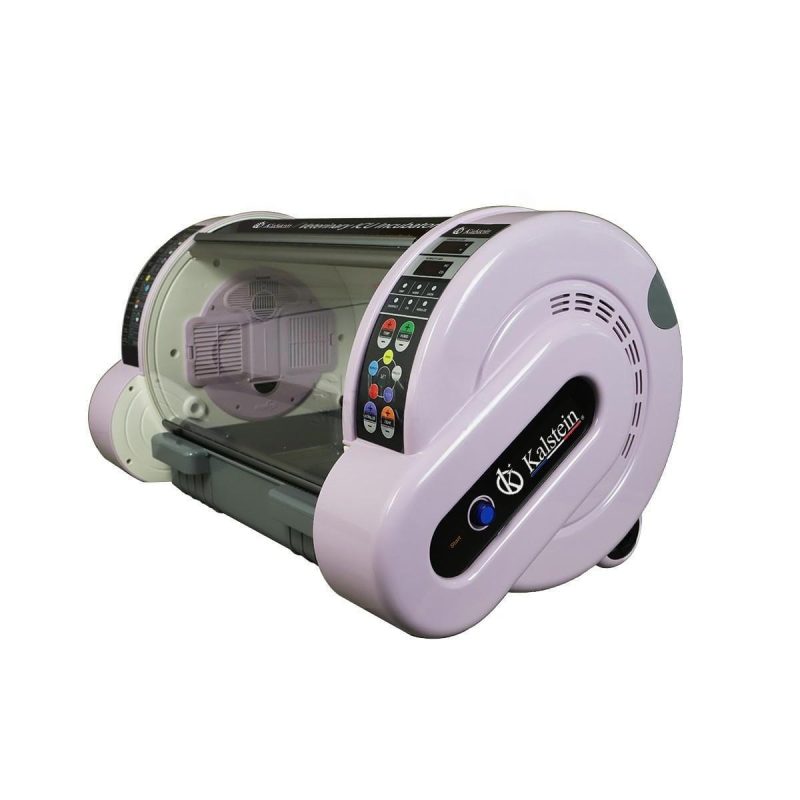
Veterinary ICU incubators are essential devices in the realm of animal intensive care, particularly when patients require continuous monitoring and strict control of their conditions.
Operating Tables: Stability and Versatility for Complex Surgeries
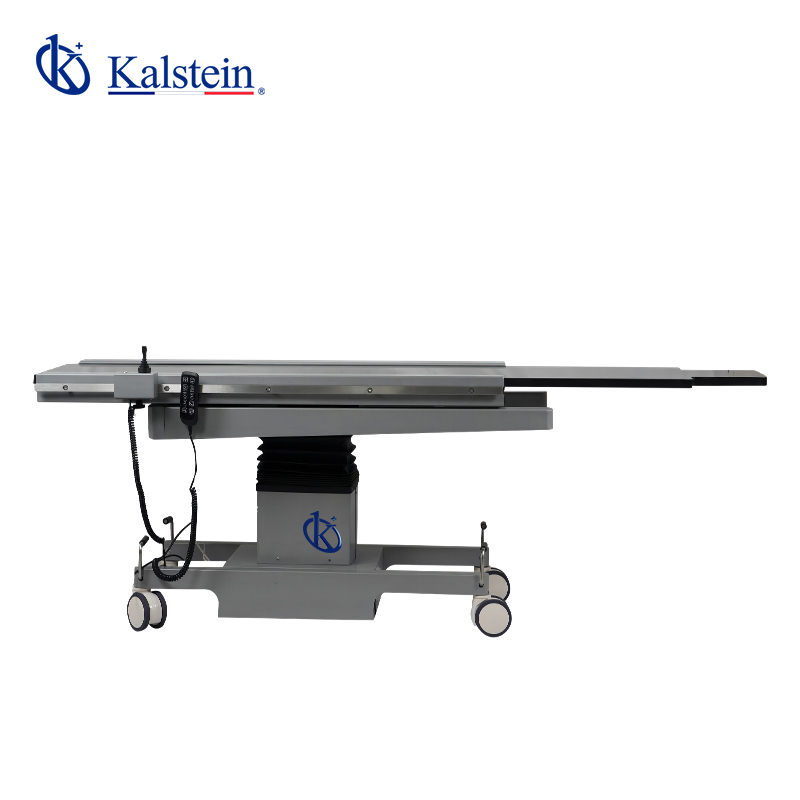
In the performance of surgeries, the stability and versatility of an operating table play a fundamental role. Modern operating tables not only provide comfort to the patient but also offer the surgical team a versatile tool that adapts to the specific needs of each procedure.
Precision Machines for Renal Care
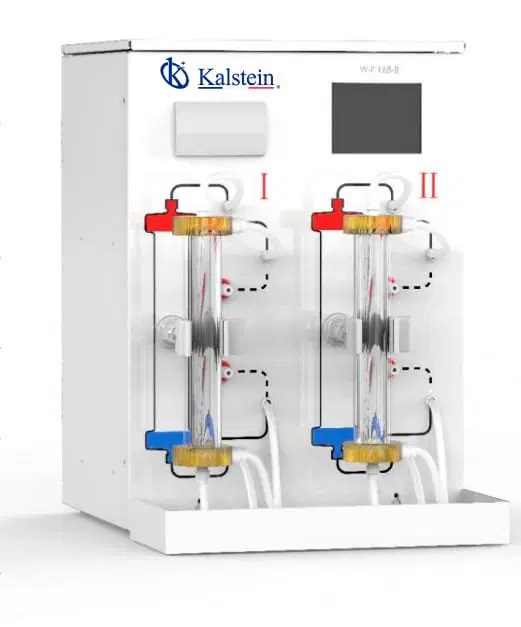
Hemodialysis machines have been a crucial innovation in the treatment of patients with kidney failure. As someone who has had the opportunity to test and observe their operation, I can assure you that Kalstein brand machines offer a unique combination of advanced technology and ease of use.
Anesthesia Machine: Precision and Safety in Advanced Anesthetic Control
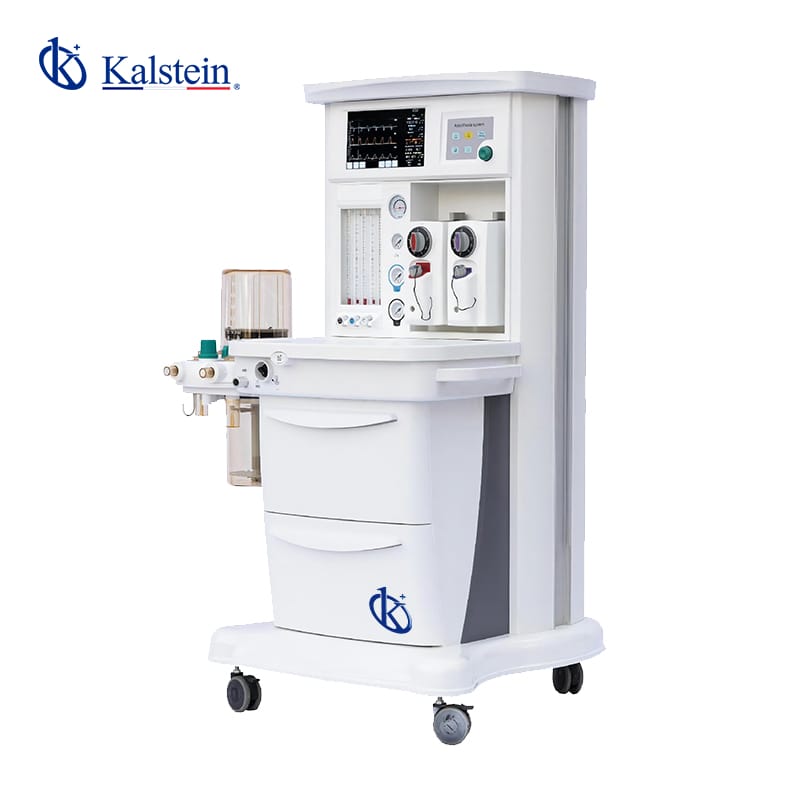
Kalstein’s anesthesia machines are renowned for their reliability and ease of use in surgical environments. Designed to adapt to a variety of clinical situations, these machines provide comprehensive monitoring of anesthetic gases and enable protective lung ventilation, helping to reduce postoperative risks, especially in complex cases such as neonatal and pediatric patients.
Solutions for Industrial Washing: Maximum Productivity with Cutting-Edge Technology
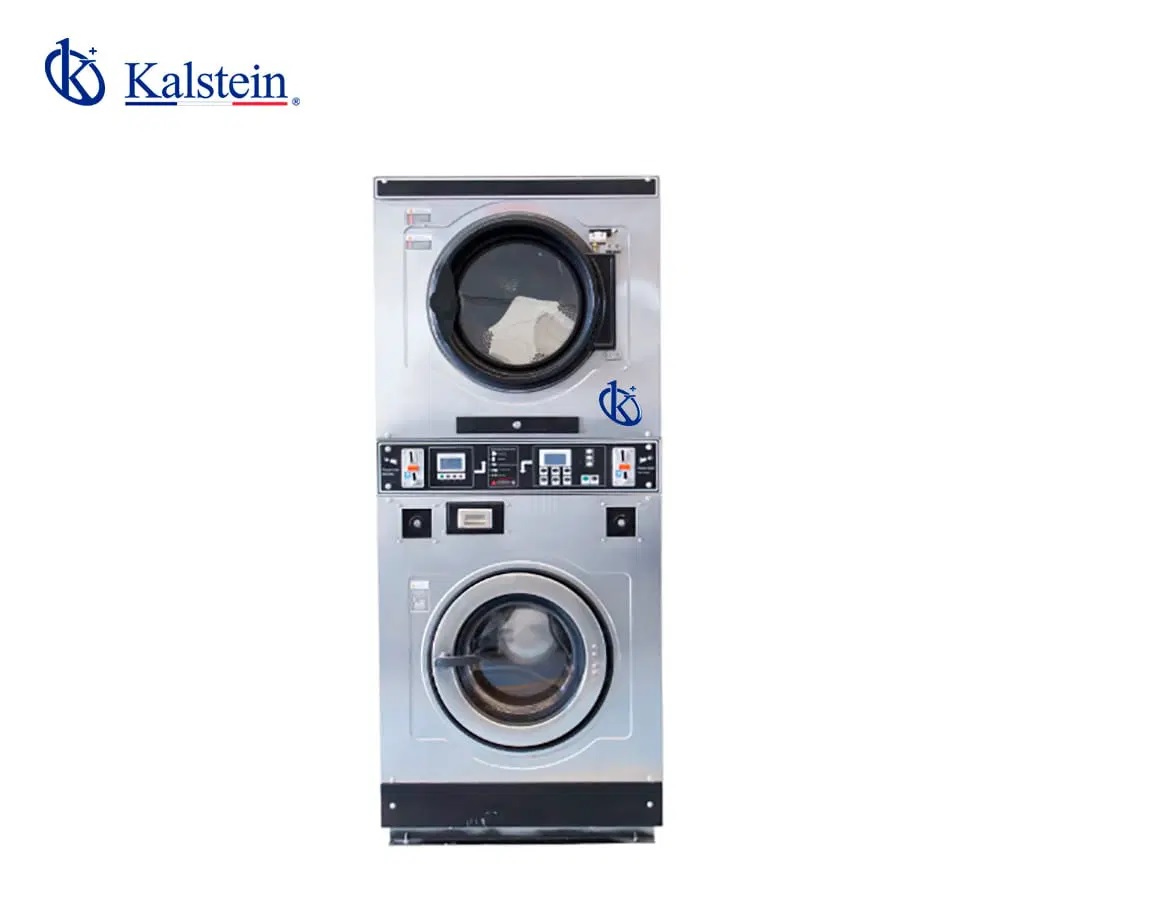
In the industrial field, efficiency and quality in washing processes are essential to ensure the proper cleaning of equipment and materials used in laboratories.
Advanced Technology in Surgical Lamps: Maximum Clarity for Safe Procedures
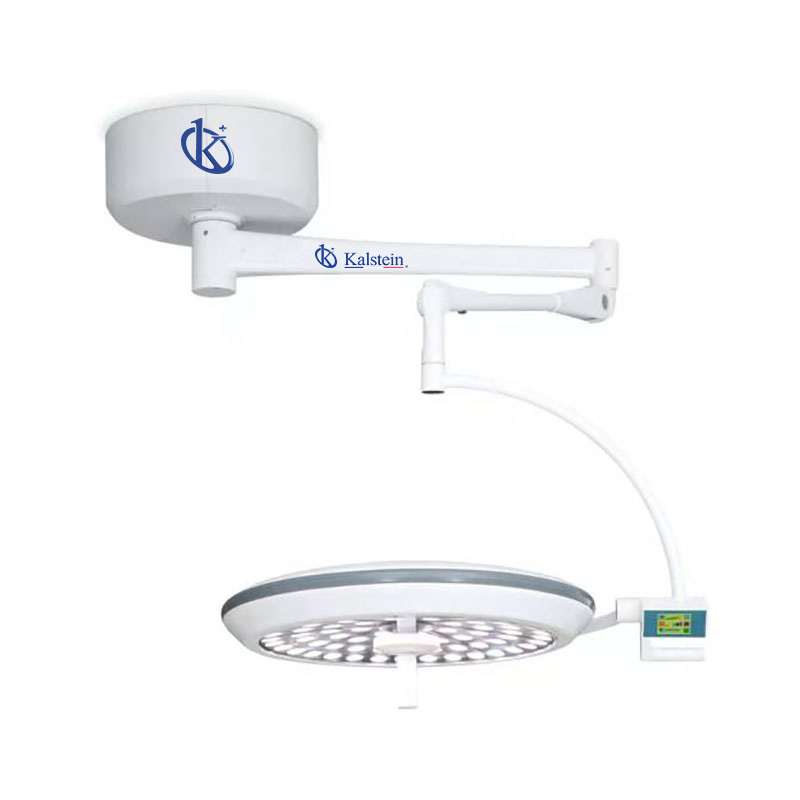
When it comes to medical technology, surgical lamps play a crucial role in any operation. From my experience, after testing several models, I can confidently say that Kalstein surgical lamps stand out in terms of quality and performance. These lamps offer exceptionally clear illumination, which is essential for ensuring precision during procedures.
Precision Phototherapy: Infant Incubators for Fast and Safe Recovery
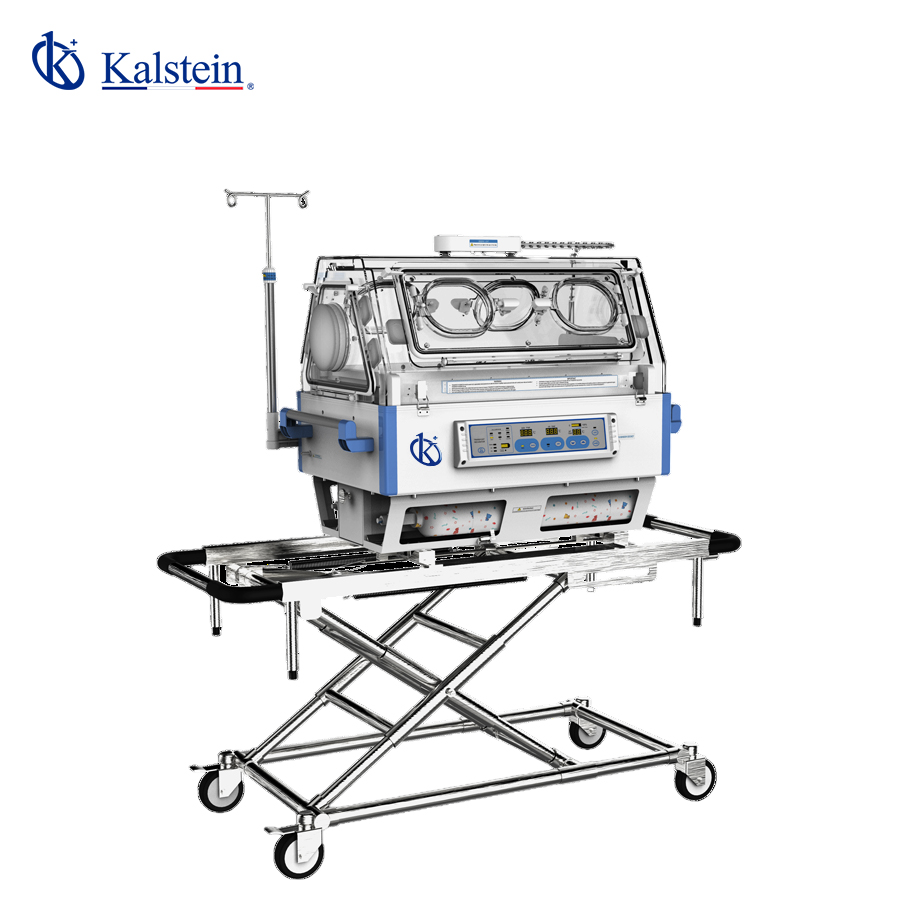
Caring for newborns, especially premature infants or those with specific medical conditions, requires advanced technologies that ensure a fast and safe recovery. One of the most essential pieces of equipment for this care is the infant phototherapy incubator, designed not only to provide a controlled environment that mimics the conditions of the womb but also to treat conditions like jaundice through light therapy.
Innovation in Ultrasound: Cutting-Edge Scanners for Advanced Clinical Assessment
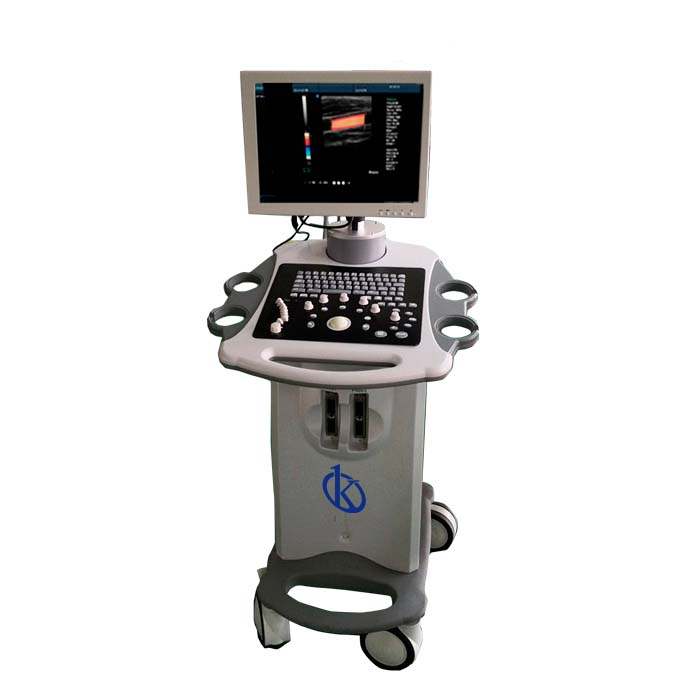
Ultrasound scanners have become an essential tool in the medical field. Their ability to provide real-time, non-invasive, and highly accurate images positions them as an ideal option for various specialties.
